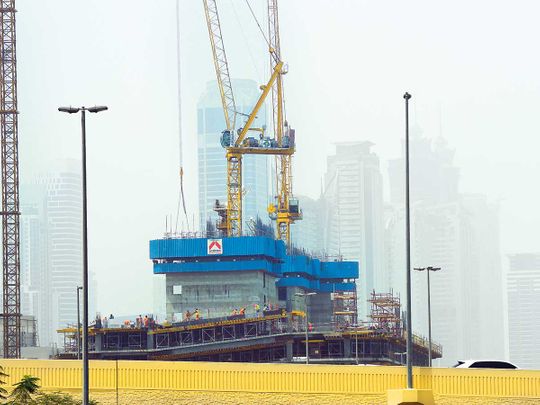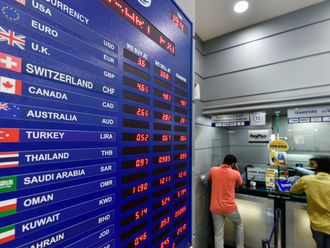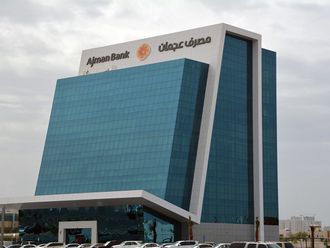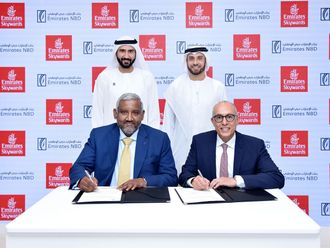
Dubai: Decline in real estate valuations over the past year has raised some concerns about the asset quality of banks’ exposure to both real estate and construction sectors. However, the latest stress test of banks by the Central Bank of UAE has shown the asset quality of the commercial and residential real estate loans remained stable during 2018, while it deteriorated for the construction sector.
Reflecting the structure of the non-oil UAE economy, the key sectoral exposures in the wholesale lending portfolio are real estate, services, trade, and construction. While real estate and construction are two different segments, they share a similar trait in their dependence on the performance of the real estate market. The key sectors within the retail portfolio are personal loans, mortgages, credit card loans and car loans.
Price and demand
While the decline in the price and rentals have an impact on the asset quality of loans linked to these sectors, the central bank data showed the UAE bank loan exposure to the real estate sector grew at a more moderate pace during 2018 at 8.5 per cent compared to 18.1 per cent in 2017. The outstanding balance of real estate loans amounted to Dh379 billion at the end of 2018, which was slightly above 20 per cent of total loans.
In commercial real estate, office space rent prices declined at a faster pace compared to the previous year in both Dubai and Abu Dhabi. In Dubai, office space rents declined 4.8 per cent in 2018 compared to a 2.4 per cent decline in 2017. In Abu Dhabi, office space rents declined 8.5 per cent in 2018 compared to a 7.3 per cent decline in 2017. While rent prices declined further, the supply of completed office space increased in 2018, growing by 1.6 per cent in Dubai, and 11 per cent in Abu Dhabi. Office occupancy rates in Dubai and Abu Dhabi remained stable at 80 per cent in 2018.
In addition to increases in real estate supply and the decline in real estate prices in Dubai, data showed the demand for real estate, measured by the number of real estate transactions also witnessed a drop in 2018. The total number of sales transactions in Dubai declined by 17.9 per cent in 2018 compared to a 59.2 per cent increase in 2017. Although the number of sales transactions in Dubai for completed properties increased by 5 per cent in 2018, the pace decelerated compared to the 13.7 per cent increase in 2017.
The sales transactions for properties under construction declined 33.1 per cent in 2018 compared to a 116.7 per cent increase in 2017. In 2018, the demand for completed properties outpaced that of the demand for properties under construction. Sales transactions for properties under construction were half of total sales transactions, compared to 60 per cent in 2017.
“New regulations such as the 10-year visas for certain categories of expatriate residents and the 100 per cent foreign ownership in companies for certain categories of businesses could improve the demand for real estate by expatriates. Transaction data is not available in Abu Dhabi,” CBUAE said in its Financial Stability Report 2018.












